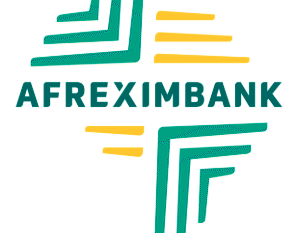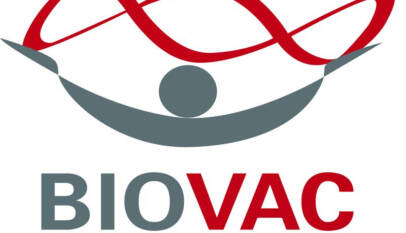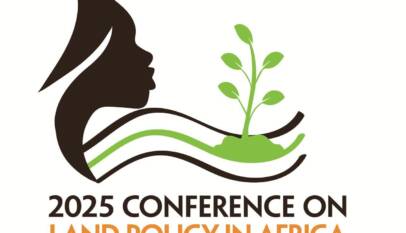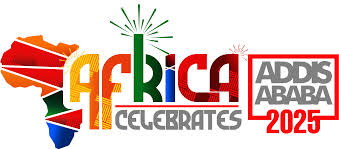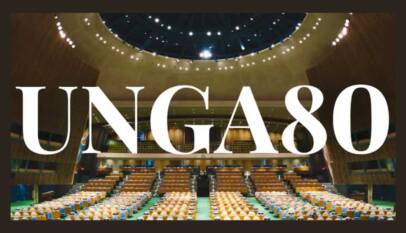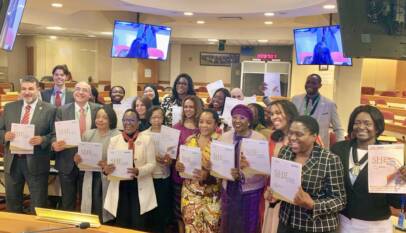On Kano’s Quest for a Circular Economy through Waste-to-Wealth Creation
With support from partners like the UK-FCDO-funded Partnership for Agile Governance and Climate Engagement (PACE) Programme, Kano State is reimagining waste management as a catalyst for jobs, investment, and climate resilience — charting a bold path toward a circular economy built on the promise of waste-to-wealth creation.
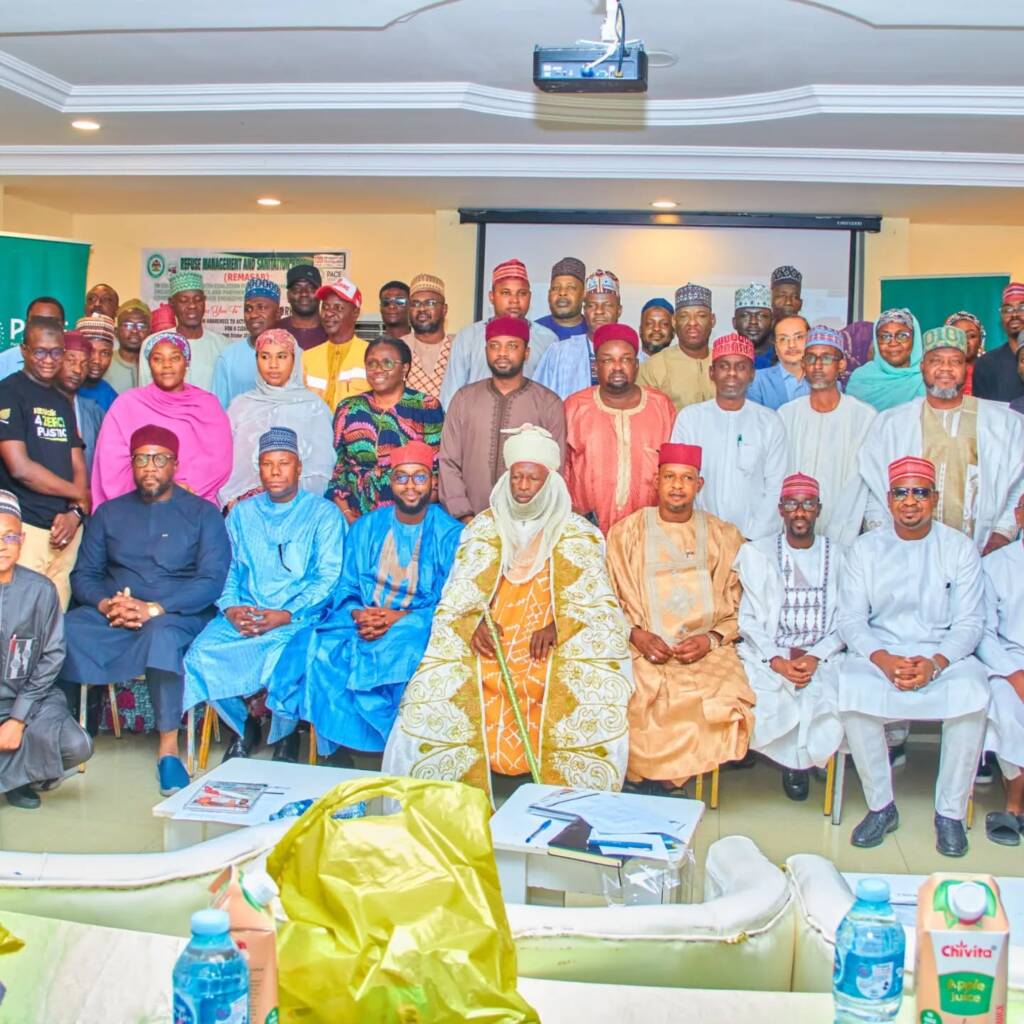
Kano State is taking bold steps to transform its waste management challenge into a powerful engine for economic growth and environmental sustainability. Through a joint initiative led by the Kano State Investment Promotion Agency (KanInvest) and the Ministry of Environment and Climate Change (MoECC), the state is championing a circular economy model that redefines waste as a resource for wealth creation, job generation, and climate resilience.
The waste-to-wealth initiative builds on the outcomes of the recent Kano Waste-to-Wealth Investment Stakeholder Workshop, organised by the Refuse Management and Sanitation Board (REMASAB) in partnership with the UK-FCDO-funded Partnership for Agile Governance and Climate Engagement (PACE) Programme. Held under the theme: “From Awareness to Action – Strengthening Collaboration for a Cleaner Kano,” the workshop envisioned a fully functional circular economy capable of generating more than ₦500 billion in annual economic valueand creating over 200,000 direct jobs.
The event followed an earlier KanInvest-led workshop themed: “Investing in a Circular Economy: Waste to Wealth Opportunities,” which laid the groundwork for mobilising investment in sustainable waste management and recycling. Together, these platforms reflect Kano’s growing commitment to reducing environmental degradation and promoting sustainable urban development in line with the state government’s vision for a cleaner, greener, and more prosperous Kano.
Building on this momentum, KanInvest has launched a call for Expressions of Interest (EOI) to attract reputable local and international investors for the development, financing, construction, and operation of large-scale waste-to-wealth projects across the state. The call is aligned with both the KanInvest Waste-to-Wealth Strategy Document (2025) and the Kano State Climate Change Policy (2025), which seek to drive green investment and strengthen the circular economy ecosystem.
This marks a new phase in Kano’s climate governance journey — one that blends sound policy, institutional accountability, and private sector confidence to unlock sustainable investment opportunities. In October 2025, the state achieved a remarkable turnaround, climbing from 35th position in the previous year’s Subnational Climate Governance Performance Ranking to 4th place — a milestone that underscores Kano’s growing leadership in climate action, policy innovation, and sustainable development.
A New Vision for REMASAB
When Dr. Muhammad S. Khaleel assumed office as Managing Director of the Refuse Management and Sanitation Board (REMASAB) in July, he met an institution at a crossroads. Within his first 100 days, he revived operations, repaired long-neglected equipment, and restored staff morale.
“Our vision is to make Kano one of the cleanest and healthiest cities in Africa,” says Dr. Khaleel. “We want people to see waste as wealth — a resource, not a burden.”
Kano generates an estimated over 3,000 tons of waste daily, yet less than half of these pass through formal collection systems. To change this, REMASAB is establishing waste banks in schools and communities, introducing metal waste bins across the metropolis, and producing organic fertiliser from composted refuse.
Dr. Khaleel notes that the agency has already received proposals from international partners interested in scaling its waste-to-wealth model. “Kano’s waste challenge is also its economic opportunity.”
Coalitions that Drive Change
PACE’s climate and governance reform model thrives on Issue-Based Coalitions that bring diverse actors together to solve shared problems. One such coalition is the Kano Coalition for Climate Action and Inclusive Governance (KACiG) — a multi-stakeholder platform uniting government agencies, civil society organizations, the private sector, traditional and faith leaders, and marginalized groups to co-create practical, sustainable, and locally driven solutions.
Through its grant mechanism, PACE supports KACiG’s coalition of state institutions, private recyclers, and civic groups to translate ideas into action across two priority areas: citizen engagement and climate change.
“The coalition identified the need to reduce tree-felling by promoting alternative cooking energy. That’s how the idea of converting waste into briquettes emerged,” explains Auwalu Hamza, PACE Kano State Team Lead.
By fostering collaboration among ministries, departments, agencies, investors, and communities, KACiG is creating a shared policy space where governance delivers tangible environmental outcomes.
“Just getting everyone to the same table is already a success,” Hamza reflects. “From ideation to action, this is governance in motion.”
Driving Investment through Policy Confidence
For Nazir Halliru, Director-General of KANInvest, the synergy between governance and investment is transforming Kano State’s economic outlook. “Kano generates nearly 11,000 metric tons of waste every day,” he says. “Properly harnessed, this could yield ₦140 million daily — about ₦500 billion annually.”
To this end, KANInvest has issued an Expression of Interest (EOI) to attract investors into the waste-to-wealth value chain. Over 60 proposals have already been received from within and outside Nigeria, spanning biogas production, large-scale recycling, and waste-to-energy generation.
“Our goal is to anchor climate investment within a governance system that inspires confidence. That is how Kano is moving toward its $20 billion investment target,” says Halliru.
Through its facilitation role, PACE has strengthened inter-ministerial and inter-agency collaboration across Kano’s Ministries, Departments, and Agencies (MDAs), fostering the kind of institutional synergy that underpins effective climate governance.
“What is happening in Kano is not just environmental management,” reflects Hamza. “It’s institutional transformation. Climate governance is showing that good governance itself is climate action.”
For Dr. Muhammad S. Khaleel, Managing Director of REMASAB, that transformation is already visible on the ground. Streets are cleaner, informal waste pickers are being formalised, and communities are realising that cleanliness can pay. “Insha Allah, within a year, Kano will not only be cleaner — it will be wealthier, greener, and more sustainable.”
From Governance Reform to Climate Leadership
For nearly two decades, successive UK-FCDO governance programmes have supported Nigerian states such as Kano, Kaduna, and Jigawa in building stronger, more accountable institutions. Through the PACE Programme, the UK-FCDO is now helping these states strengthen their climate governance systems and connect climate action to inclusive economic growth.
“Venturing into climate engagement forced us to learn anew,” says Hamza. “We had to understand how laws, budgets, and institutions interact to shape environmental outcomes.”
This approach has enabled Kano State to integrate climate action into its public finance systems. Working closely with ministries, departments, and agencies — including the MoECC and the Refuse Management and Sanitation Board (REMASAB) — PACE supported the state to green-tag its budget, ensuring that every climate-related expenditure is tracked and accounted for.
“When a state’s fiscal system reflects its environmental priorities, coordination naturally improves,” Hamza notes.
By aligning public finance with climate priorities, Kano is demonstrating how governance reform can evolve into climate leadership — turning institutional collaboration into a powerful driver of environmental and economic resilience.




